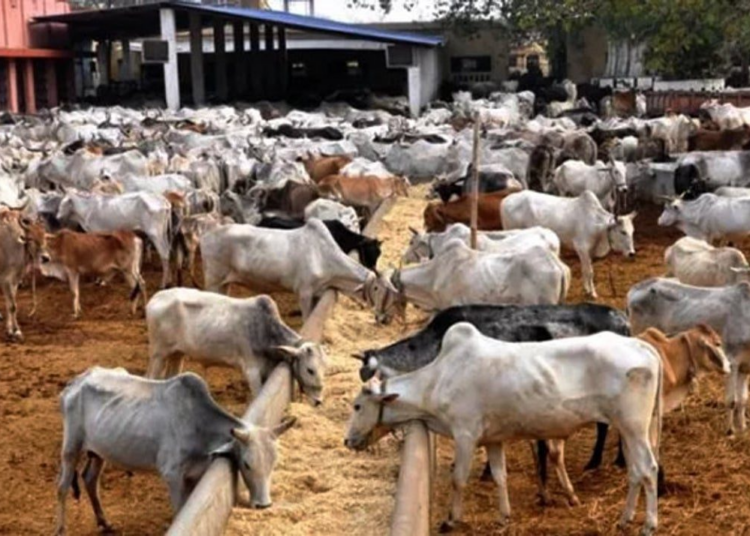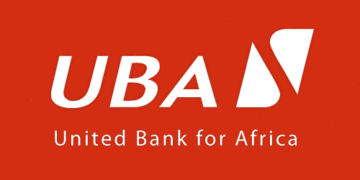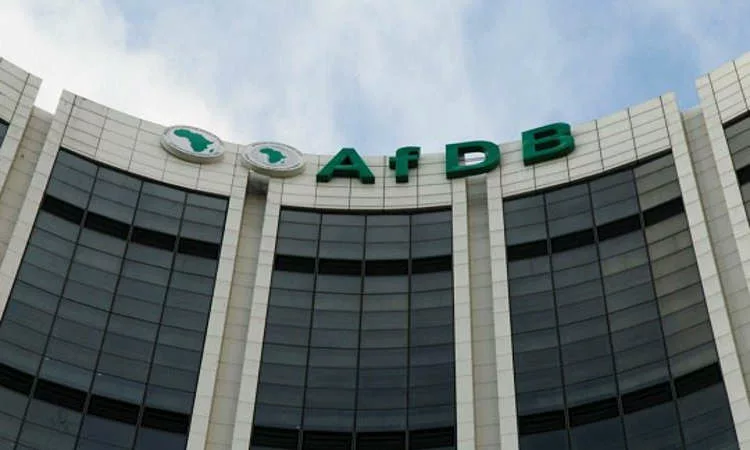In a significant development for Nigeria’s livestock sector, the country has established key international partnerships with Denmark and Mexico to address critical issues such as antibiotic misuse, livestock health, and production inefficiencies.
These collaborations aim to modernise livestock production, enhance food safety, and combat antibiotic resistance.
The Nigerian government is positioning itself for substantial growth through these strategic partnerships, focusing on capacity building and attracting investment into the agricultural sector.
At the Federal Ministry of Livestock Development Headquarters in Abuja, Minister Idi Mukhtar Maiha met with a Danish delegation led by Sanne Chipeta, Sector Counsellor for Food and Agriculture at the Danish Embassy.
Discussions centered on ongoing cooperation and Denmark’s role in transforming Nigeria’s livestock sector.
Minister Maiha highlighted Nigeria’s commitment to modernising the livestock industry through strategic international alliances.
He emphasised the government’s focus on food security, capacity building, and investment in sustainable livestock practices.
“We are committed to transforming Nigeria’s livestock sector by adopting modern practices and leveraging international expertise. This partnership will play a significant role in enhancing productivity, addressing health challenges, and boosting economic growth,” Maiha said.
Chipeta emphasised Denmark’s commitment to supporting the newly established Ministry of Livestock Development.
“We are making steady progress with this project and see great value in leveraging Danish expertise to further strengthen livestock production in Nigeria,” she stated, underscoring Denmark’s continued focus on helping Nigeria modernise its livestock systems.
A source close to the ministry revealed that Denmark’s contributions will include expanding its operations in Nigeria, notably through plans to convert its dairy farm in Kaduna into a regional training center for Nigerian farmers.
This initiative aims to build capacity in dairy management, breed improvement, and biosecurity, providing farmers with technical skills tailored to local conditions.
The partnership also aims to address Nigeria’s excessive use of antibiotics in livestock farming. Studies have shown that inappropriate use of antibiotics in poultry farms can result in antimicrobial resistance in humans. One of the key goals will be to implement a national strategy for veterinary drug regulation and enhance livestock traceability systems to combat antimicrobial resistance.
Parallel to Denmark’s initiatives, Nigeria is also deepening its cooperation with Mexico to boost investment and trade in the livestock sector. During a closed-door meeting with Mexican Ambassador, Alfredo Miranda, Minister Maiha emphasised Nigeria’s efforts to create a conducive environment for foreign investment, particularly in areas such as livestock health, meat production, and trade.
“Mexico’s leadership in red meat production and expertise in pasture-based cattle fattening will be invaluable to Nigeria’s goals of becoming a leading producer of premium-quality meat and dairy products,” an official familiar with the discussions stated.
The partnership with Mexico is set to include technical collaboration in livestock health management, animal fattening, and enhanced security measures to address cattle theft. Mexico’s strong export capabilities in the red meat sector are also seen as an opportunity to strengthen Nigeria’s trade relations in livestock.
Ambassador Miranda highlighted the shared agricultural strengths between the two nations.
“We are mapping out areas for collaboration in livestock production, from health to meat processing, and look forward to working closely with Nigeria in these areas,” he said.
Industry leaders have also praised the government’s initiatives. Dr. Ezenwa Mwakonobi, a veterinary surgeon and retired civil service director, hailed the ministry of Livestock Development’s establishment as a “long-awaited initiative,” emphasising the need for harmonised efforts among professionals.
“We aim to harmonise ideas for the betterment of the livestock industry,” Mwakonobi said.
Livestock entrepreneur Miriam Ladi-Truman highlighted challenges in the dairy sector, including high operational costs due to unreliable electricity and limited financing options for small-scale farmers.
She called for cooperative structures to improve funding access and agricultural insurance to mitigate risks.
Producer Mohamed Bello Lutukur emphasised the economic potential of the sector, noting its diversity beyond beef to include dairy, hides, biogas, and more.
“This initiative isn’t just about beef. It includes dairy, mutton, goat products, and more. The focus on actionable steps is already yielding results,” Lutukur said, applauding recent government initiatives like President Bola Ahmed Tinubu’s visit to Brazil, which spotlighted Nigeria’s efforts to enhance agricultural productivity.
Agricultural experts agree that these international partnerships, along with insights from local leaders, signal a transformative period for Nigeria’s livestock sector, with the potential to improve food security, create jobs, and position Nigeria as a key player in the global livestock market.
Both partnerships with Denmark and Mexico indicate Nigeria’s commitment to modernising its agricultural industry, fostering sustainable practices, and attracting foreign investment.
The expansion of Denmark’s dairy operations and Mexico’s involvement in livestock investment are expected to bolster the sector and contribute to its growth.
They both maintained that with these collaborations set to improve productivity, food safety, and veterinary practices, Nigeria is poised to make substantial strides in transforming its livestock sector in the coming years.
We’ve got the edge. Get real-time reports, breaking scoops, and exclusive angles delivered straight to your phone. Don’t settle for stale news. Join LEADERSHIP NEWS on WhatsApp for 24/7 updates →
Join Our WhatsApp Channel









